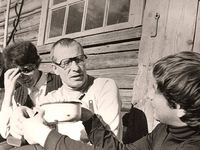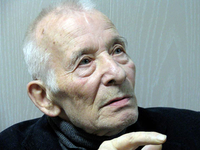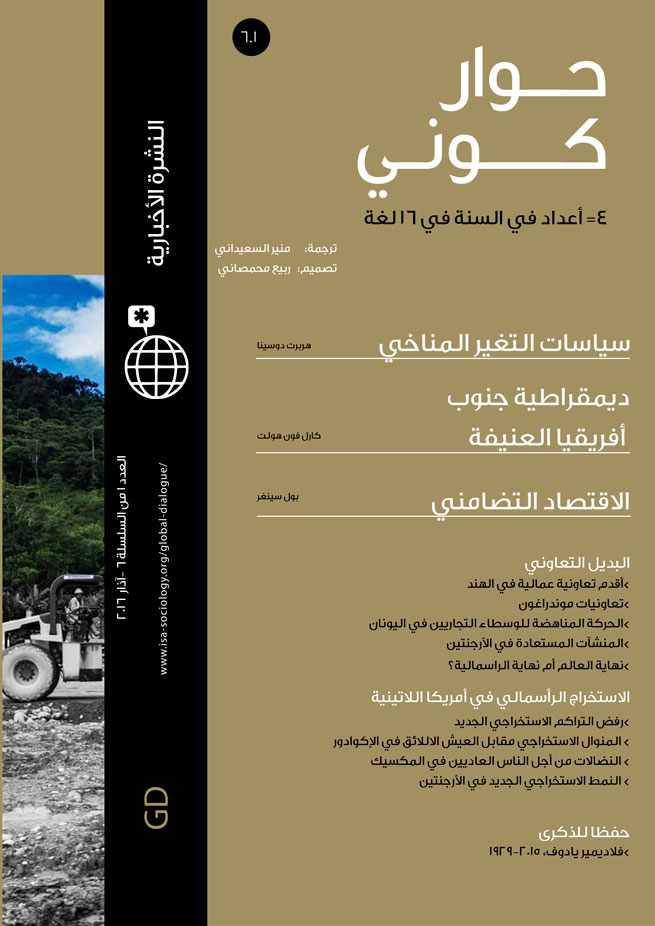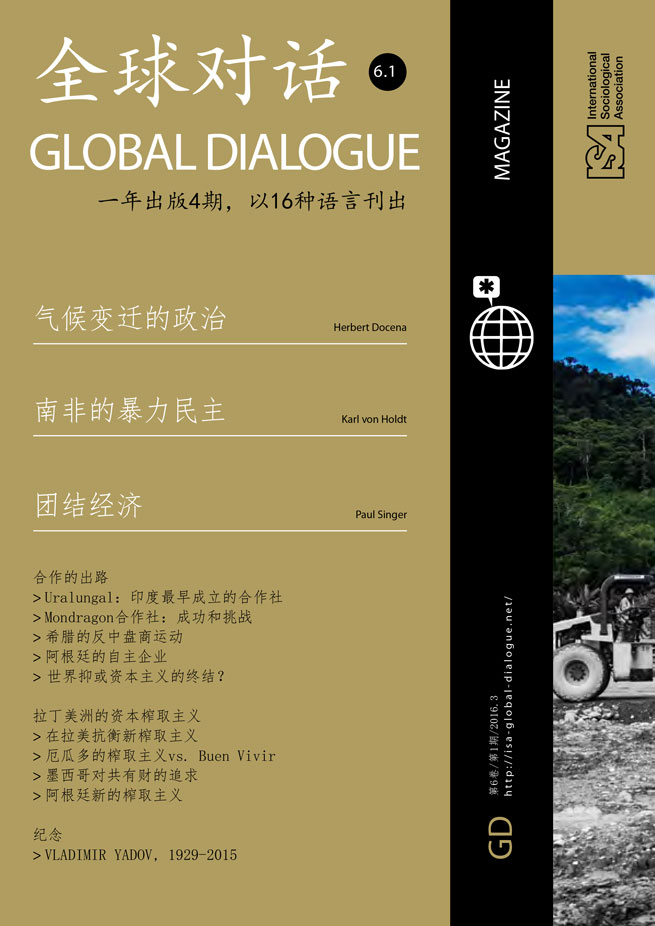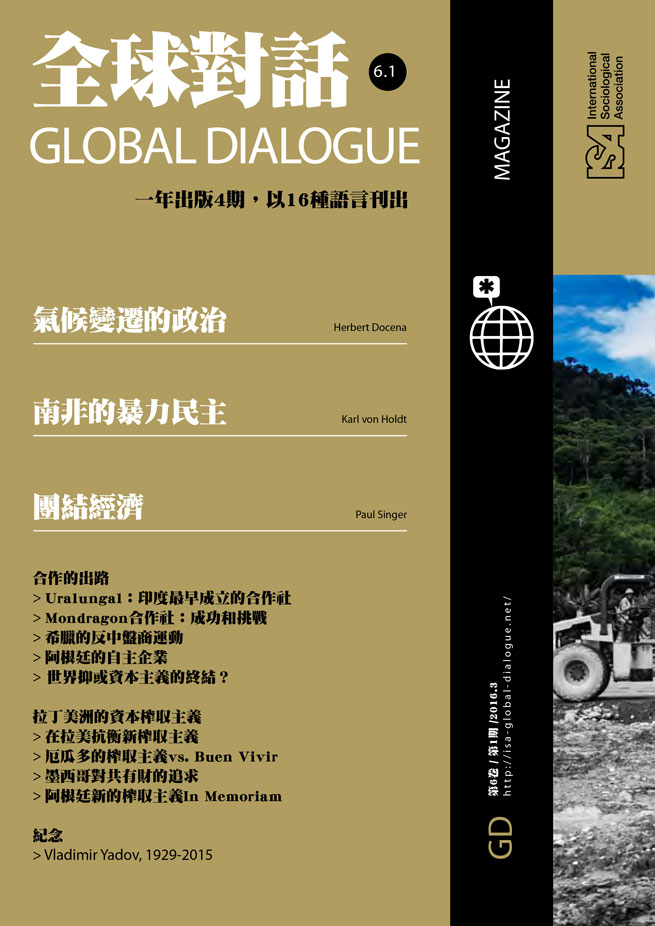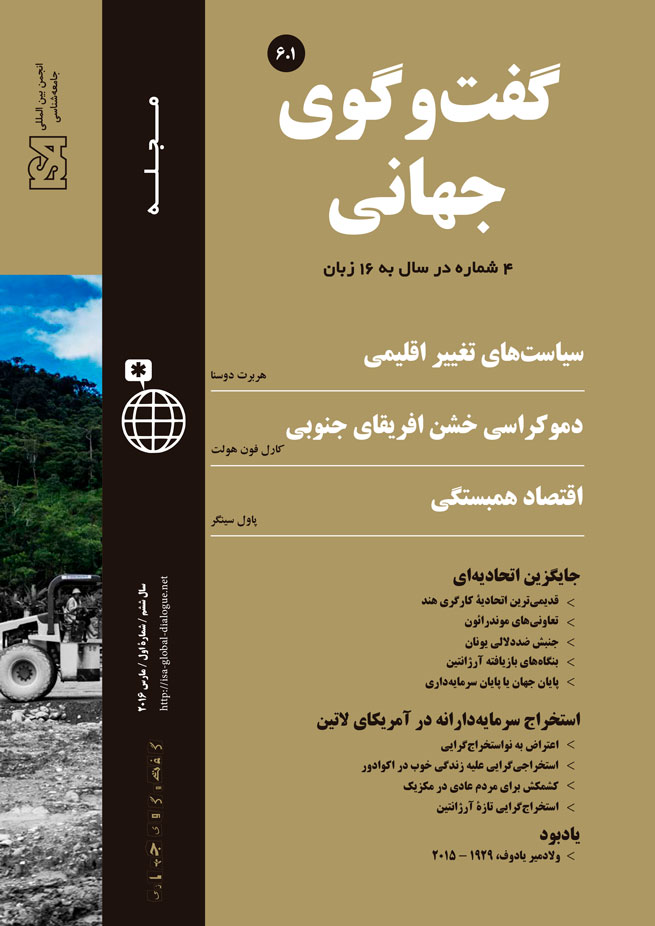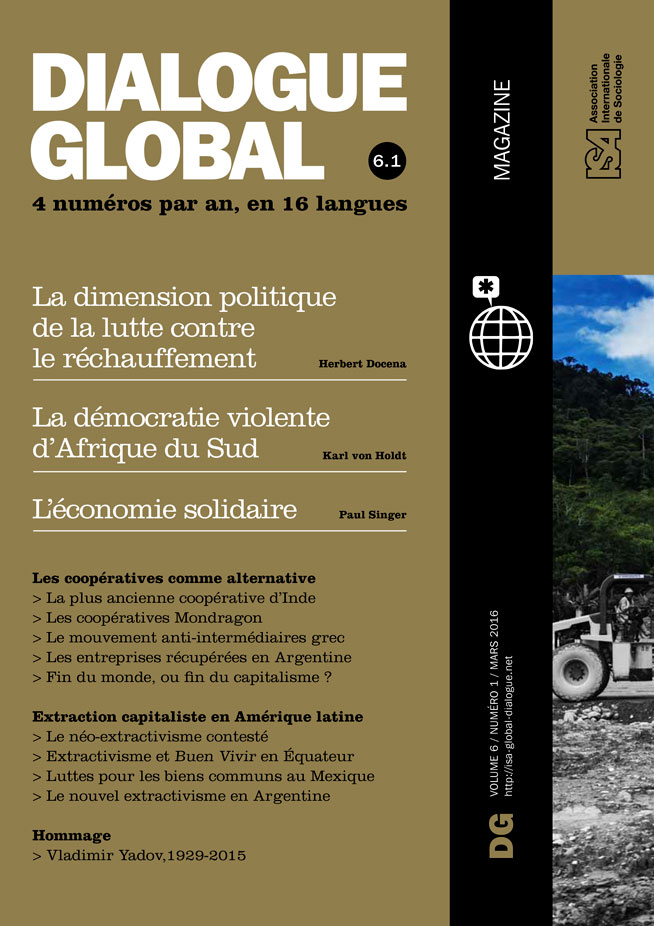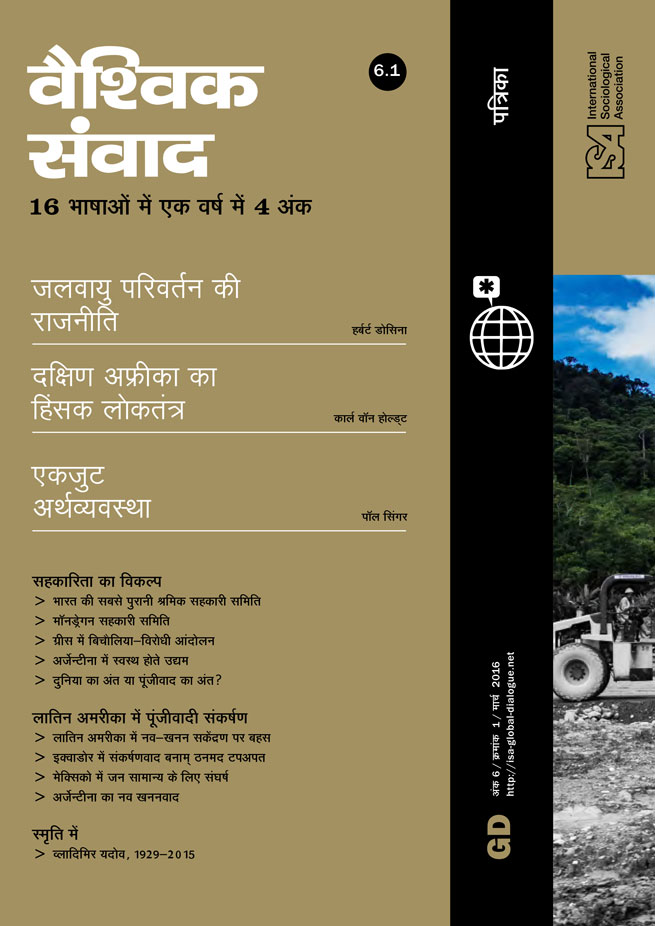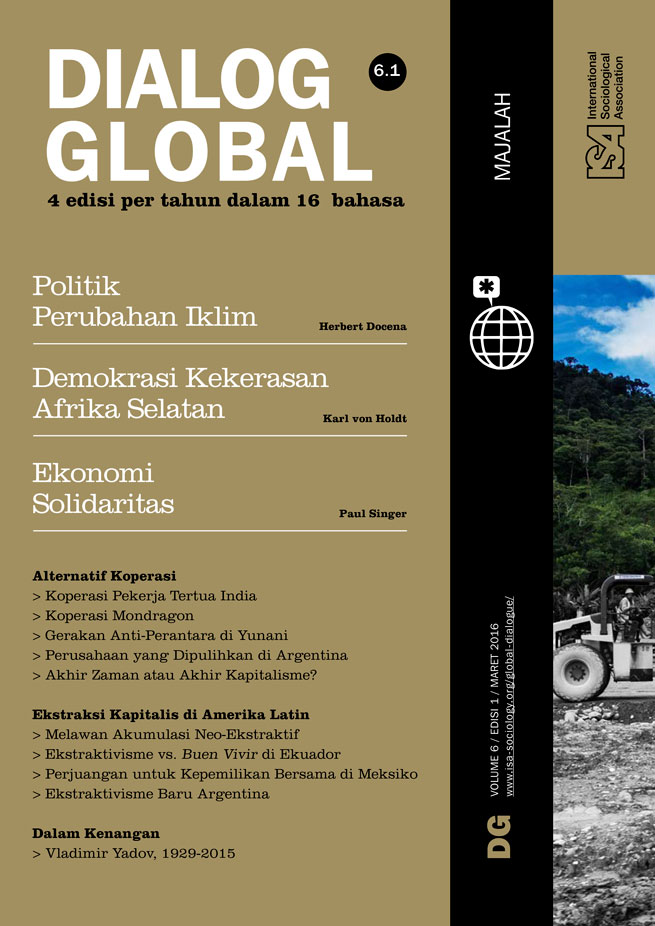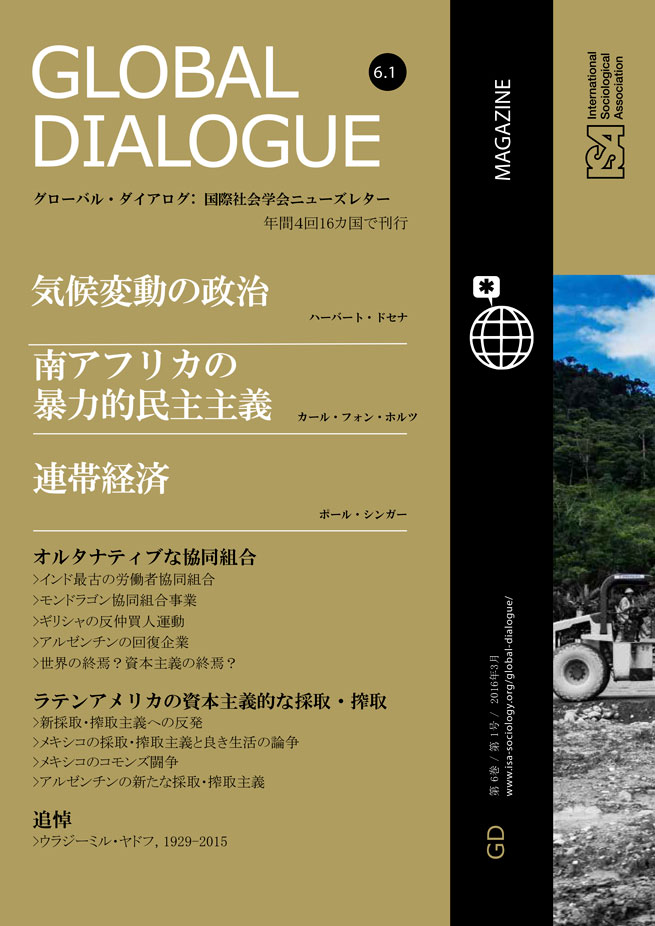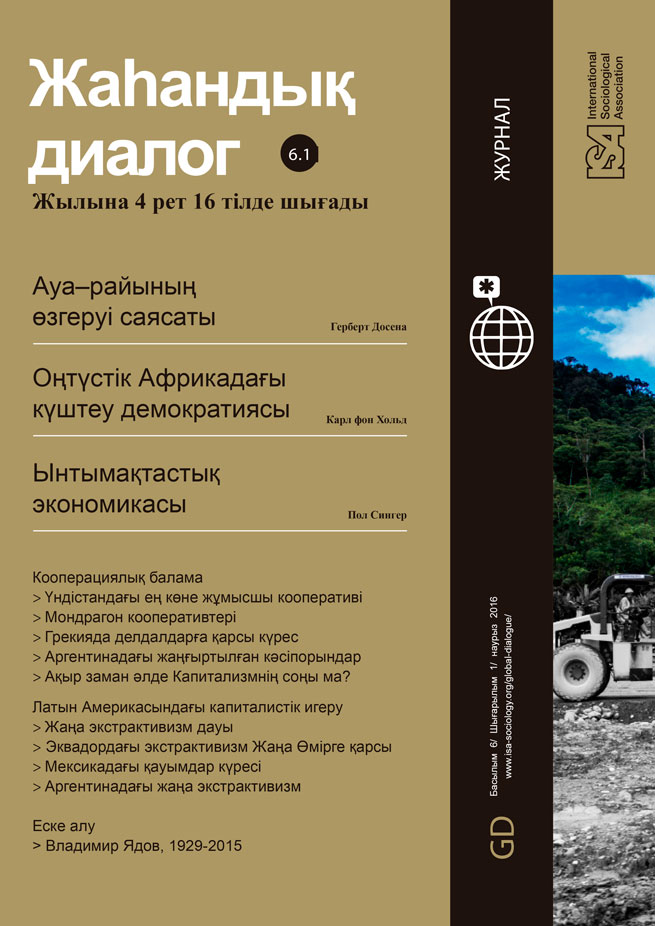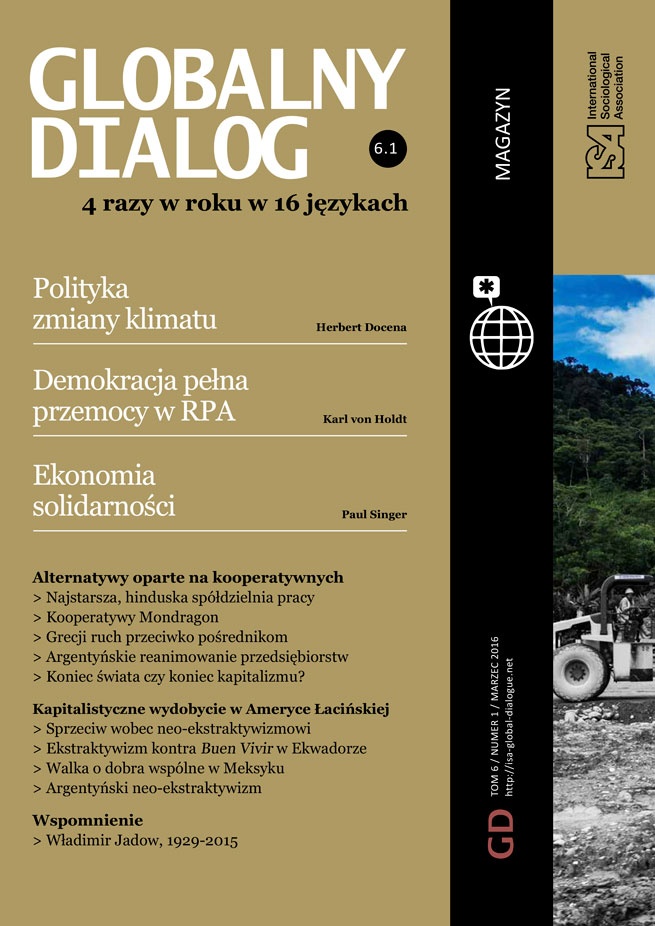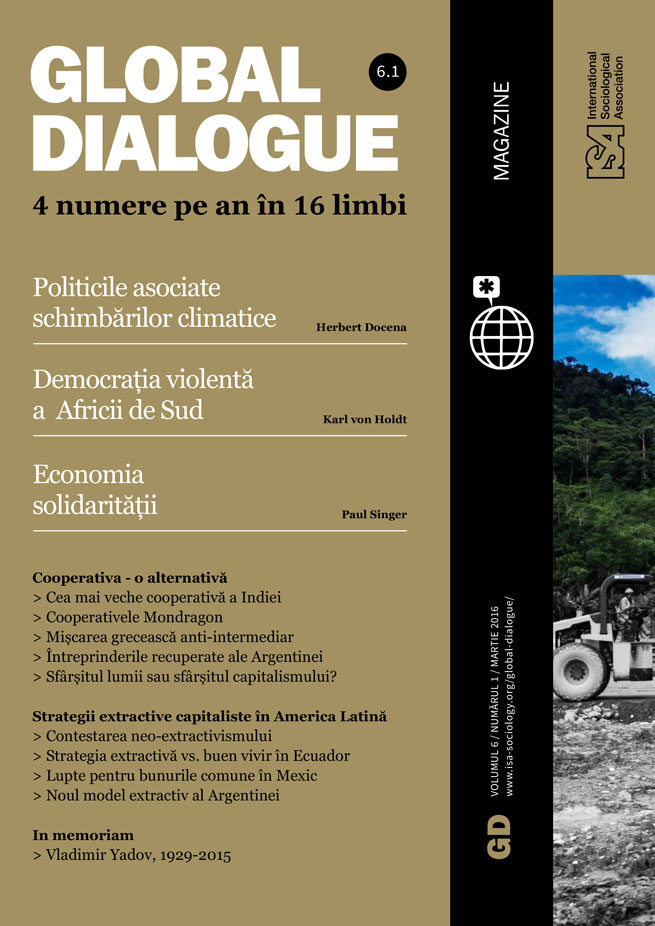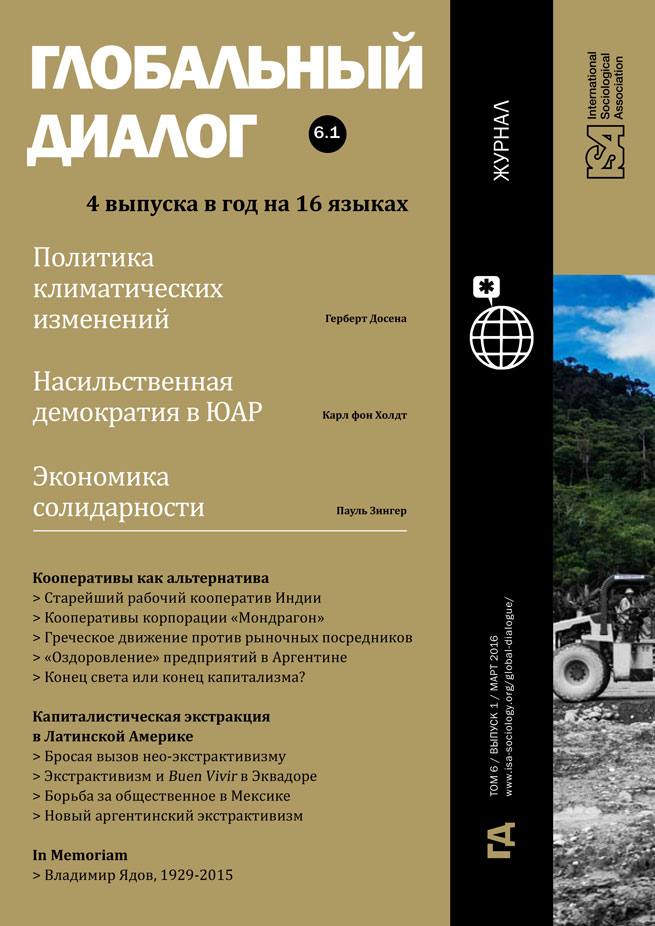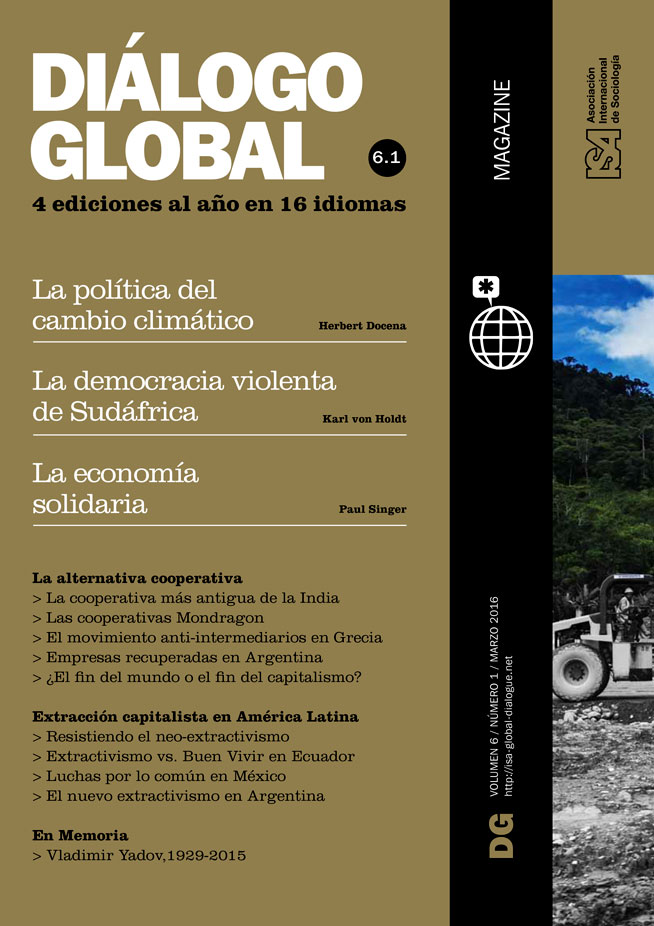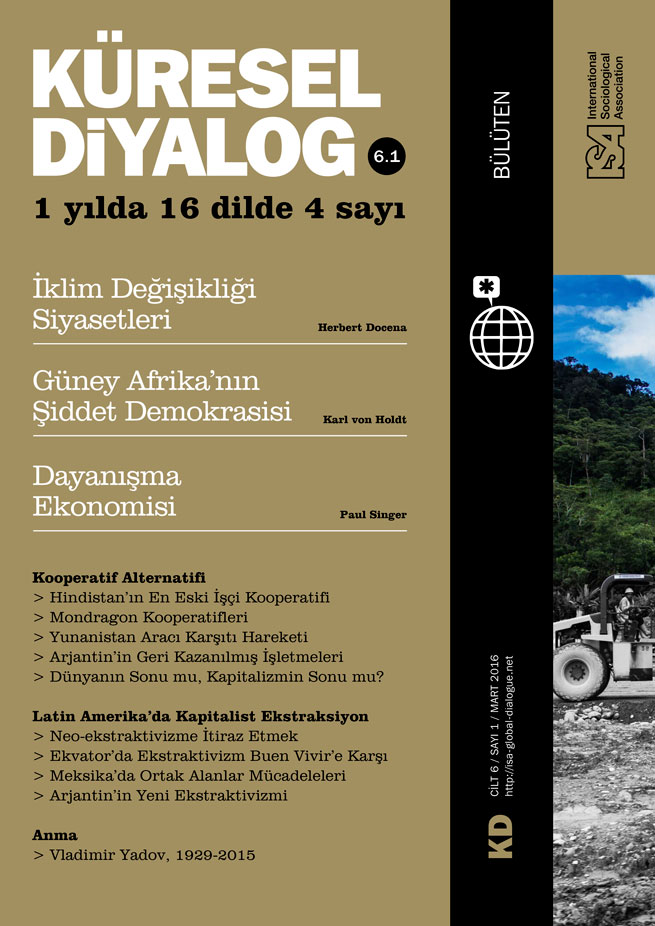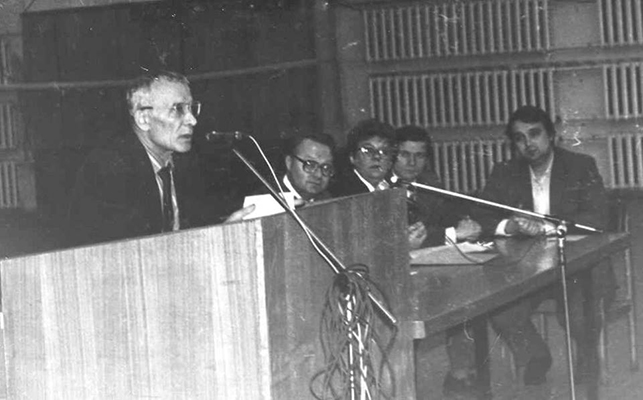There are scientists whose names are associated with the formation of a school of thought or even of an entire scientific discipline. Professor Yadov was one of these – a pioneer during the Soviet era, whose scholarly work and research efforts decisively shaped Soviet sociology. Since the 1960s Yadov’s scholarly works have had a formative influence on several generations of Armenian and Soviet sociologists. His three famous monographs Man and his Work (1967, in collaboration with A.G. Zdravomyslov and V.P. Rozhin), Sociological Research: Methodology, Program, Methods (1972) and the co-authored Self-regulation and Prediction of Social Behavior (1979) became reference books for Soviet sociologists. For many young people his books paved the way for sociology as a scholarly discipline.
Due to his canonical works, Yadov became a living icon of Soviet sociology. Those few Armenian sociologists who were fortunate enough to communicate with him, to listen to his lectures and speeches, or even to debate and discuss various research problems with him, came away “infected” for a long time, if not forever, by his special attitude to his work and to sociology. He was always open to other people regardless of their age, academic degrees and titles, ethnicity or ideological views. He always strove to show respect to his interlocutor’s views without necessarily trying to reach any agreement. He left a deep impression with his words: “The highest pleasure comes when you succeed in understanding something new, and when you subsequently communicate that to others.”
While working at the Leningrad Institute of Social and Economic Problems, Yadov managed to pick and consolidate a creative team of talented sociologists. An atmosphere of free and critical thinking reigned in stark contrast to the blinkered atmosphere of other Soviet institutions that were conducting research in the humanities and social sciences. Everyone who imbibed that special atmosphere would soon be inspired by its spirit of free inquiry and creative thought. At least here in Armenia, we were on the lookout for even the subtlest wind of change and a breath of fresh ideas emanating from Yadov’s research laboratory. Astute and demanding in research, he had a special personal charm, which attracted young scholars from all the republics of the former Soviet Union. Devoted to scholarship, he put high value on the creativity and originality of young scholars, and maintained a critical stance toward orthodoxy.
Perhaps even unaware of it himself, Yadov first established and then became a central pillar of a huge and invisible college, a virtual community, or even a kind of “spiritual brotherhood” defined by a similar worldview. Especially in the last years of his life, he believed that sociologists should strive to influence “the movement of social planets,” as he put it in one of his last interviews with Boris Doctorov. Yadov, whose monographs laid the foundation for the formation and development of a new field of scholarly studies, insisted: “If we sociologists will limit ourselves to writing books, we will not fulfill our civic duty.” This idea can be regarded as Yadov’s scholarly “last testament.” We, the Armenian sociologists, will miss him greatly.
Gevorg Poghosyan, Director of the Institute of Philosophy, Sociology and Law of the Armenian National Academy of Sciences, President of the Armenian Sociological Association, and member of ISA Research Committees on Migration (RC31) and Disasters (RC39) <gevork@sci.am>

